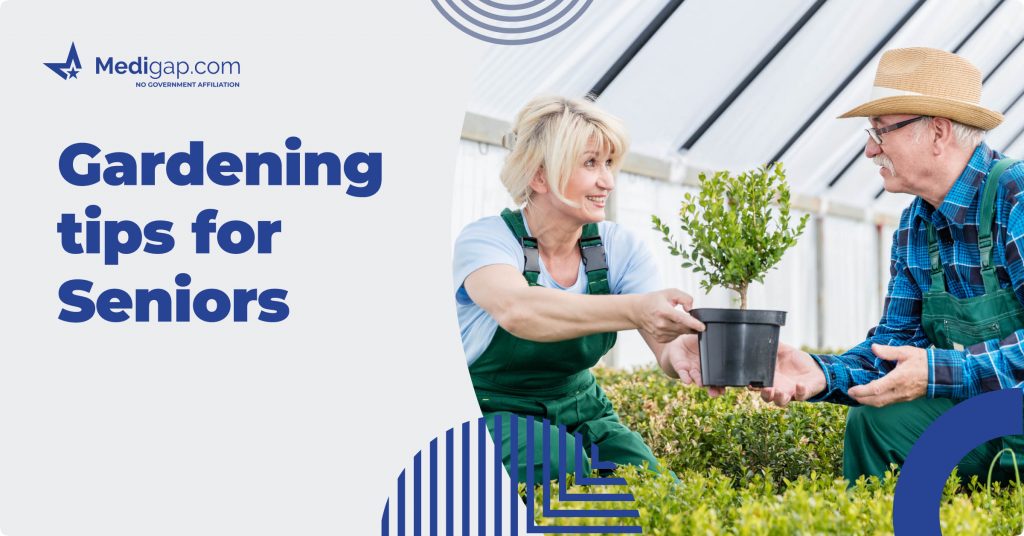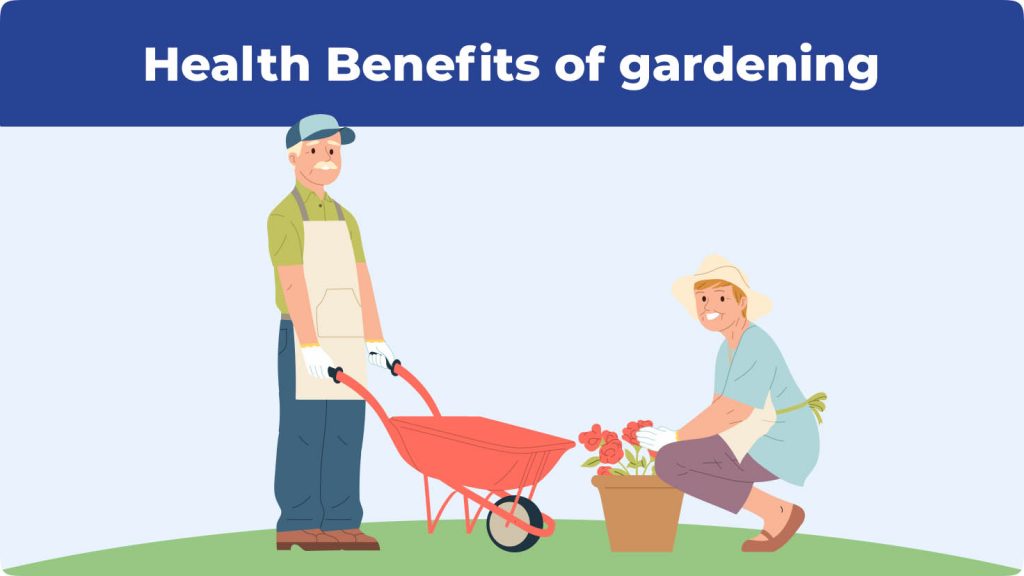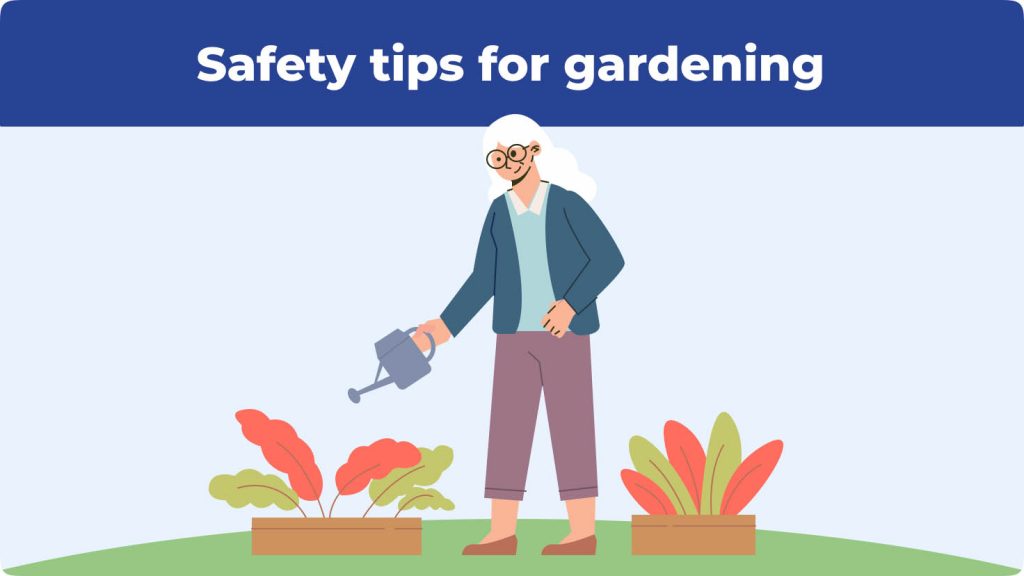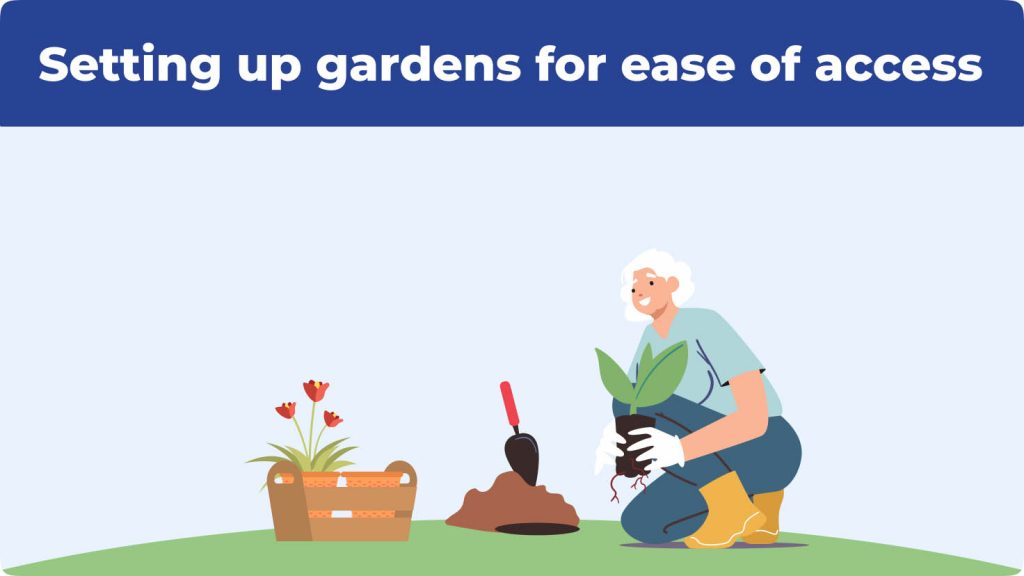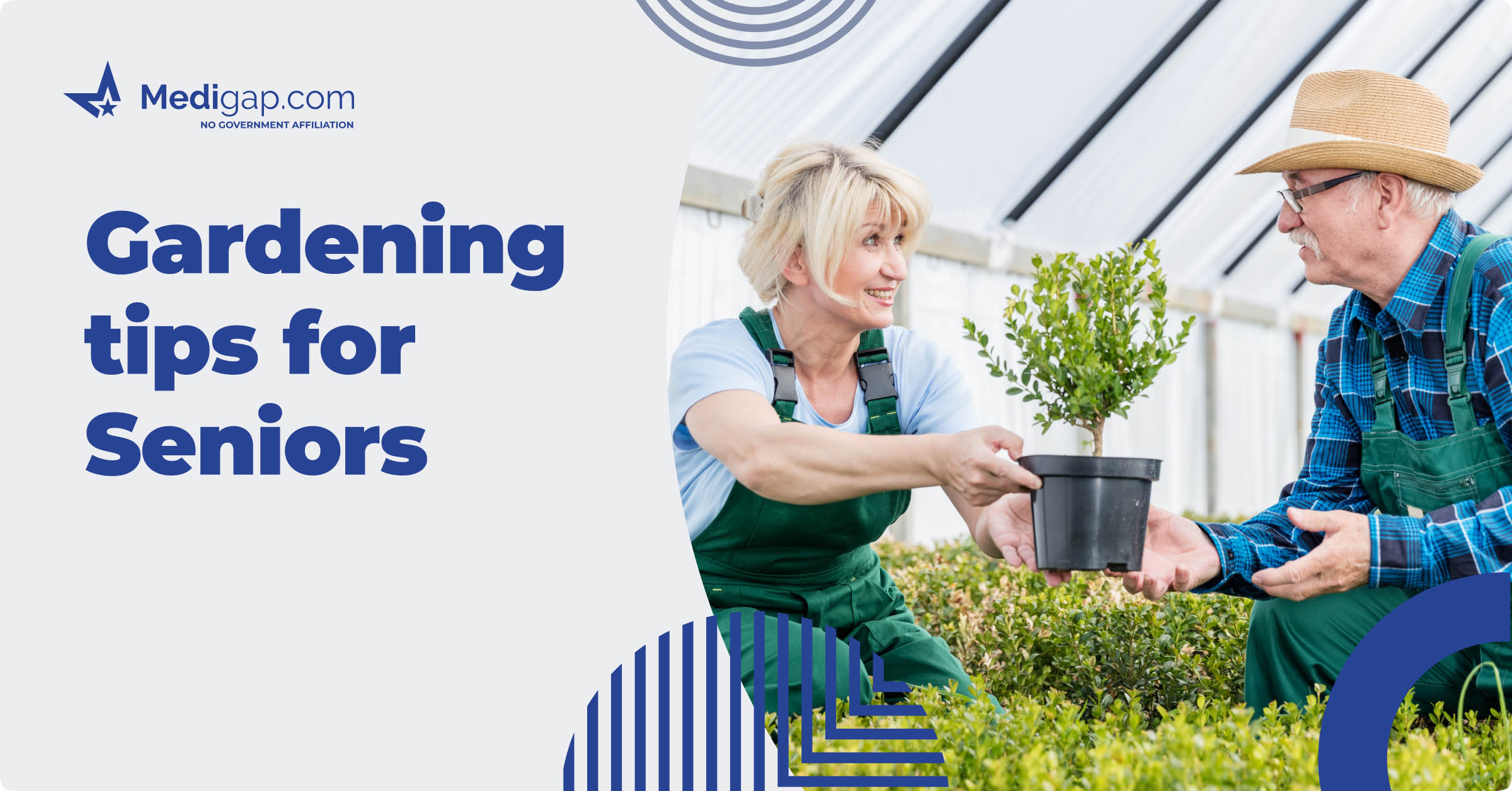
Gardening is a popular pastime that has become increasingly important for older adults. As we age, the physical and mental benefits of gardening become even more apparent. Gardening can provide a sense of purpose, physical activity, and a connection to nature.
While gardening can be a fulfilling hobby for seniors, it can pose challenges, especially for those with physical limitations. In this post, we will explore how gardening can benefit seniors and offer tips on making gardening more accessible for those with mobility or other health issues.
Whether you’re an experienced gardener or just starting, this post will provide valuable insights and advice to help you enjoy the many benefits of gardening.
Benefits of gardening for seniors
Gardening provides seniors with numerous benefits, both physical and mental. Firstly, it promotes physical activity, which is crucial for maintaining mobility and reducing the risk of chronic diseases.
Gardening tasks such as weeding, planting, and harvesting require moderate physical effort and improve hand-eye coordination. Secondly, gardening helps to reduce stress and anxiety, which are common problems among seniors.
The outdoor environment and the sense of accomplishment from growing plants can positively impact mood and mental health. Overall, gardening is a rewarding and beneficial activity for seniors that promotes physical, mental, and social well-being.
Health benefits of gardening
Gardening is a low-impact exercise that can help reduce the risk of heart disease, stroke, and other chronic illnesses. It also provides an opportunity to connect with nature, which has been shown to positively impact mental health.
By growing their own fruits and vegetables, gardeners can enjoy a healthier diet that is rich in vitamins, minerals, and antioxidants. Additionally, gardening can improve hand-eye coordination, dexterity, and mobility in older adults.
Overall, gardening provides many physical and mental health benefits that make it an excellent activity for seniors, such as:
- Enhances physical prowess and promotes ease of movement and flexibility.
- Helps with the prevention of diseases like osteoporosis
- Increases endurance and strength
- Offers a gratifying mode of physical activity.
- Promotes relaxation and reduces the level of stress
- Promotes the utilization of diverse motor abilities.
- Provide nutritious, home-grown produce.
Safety tips for gardening seniors
To avoid cuts, scratches, and falls, seniors, should always wear protective gear like gloves, goggles, and sturdy shoes. They should also be cautious when using gardening tools and avoid overexertion by taking frequent breaks and staying hydrated.
Additionally, seniors should avoid gardening during extreme weather conditions and be mindful of any potential hazards in their garden area. By following these safety tips, seniors can continue to enjoy the therapeutic benefits of gardening while minimizing the risk of accidents or injuries.
Below is a checklist to ensure your taking the proper precautions when gardening.
- Attend to any cuts, bruises, or insect bites immediately
- Drink water or juice, and avoid alcohol
- Ensure that paths and walkways are flat and non-slip
- Prevent sun exposure by working in the garden early or late in the morning. Wear a hat and apply sunscreen frequently
- Secure gates and fences if memory loss is an issue
- Store garden equipment safely
- Take care in the use of power tools
- Warm up before gardening and encourage frequent breaks
- Wear protective shoes, lightweight, comfortable clothes that cover exposed skin, a hat, and gardening gloves
Setting up gardens for ease of access for seniors
To accommodate their needs, gardens should be designed with raised beds or container gardens that can be easily accessed from a sitting position. Additionally, paths and walkways should be wide enough to accommodate wheelchairs or walkers, and raised planters should be positioned at a height that is comfortable for those with limited mobility.
By setting up gardens with ease of access in mind, seniors can continue to enjoy the benefits of gardening, including exercise, fresh air, and mental stimulation.
Below are several ways to make gardening more friendly for the elderly
- Garden in shades areas for working in summer months
- Installing a drip feeder system for easy watering.
- Retractable hanging baskets, wheelbarrows, and containers on wheels make suitable, movable, and elevated garden beds
- Use lightweight tools
- Vertical planting to make garden beds accessible for planting and harvesting
- Raised beds to enable people with physical restrictions to limit bending and stooping
Starting a garden as a senior
All in all, gardening is a fantastic hobby for seniors. As you begin gardening, visit your local nursery for advice on what and where to grow items in your garden. They can help you find plants that are suitable for your experience level.
